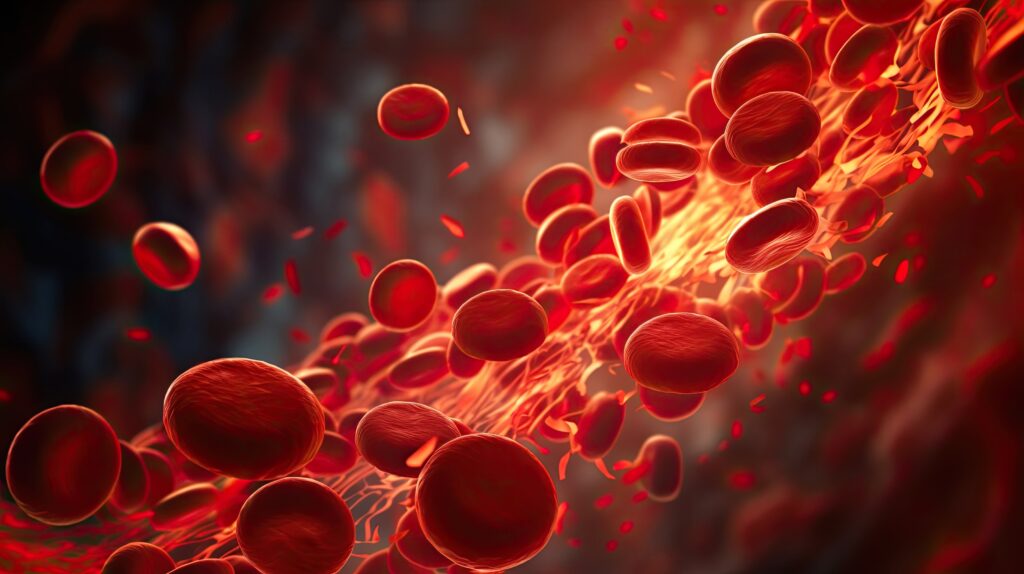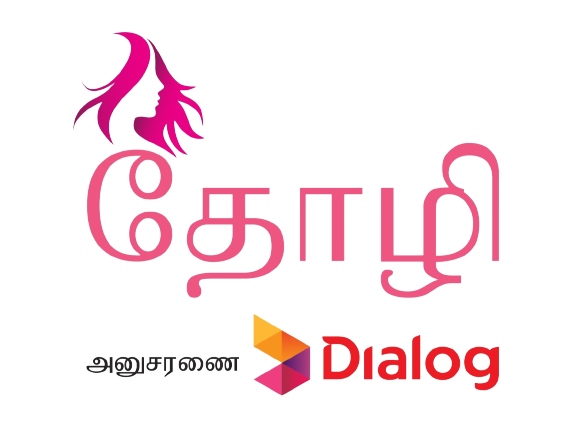Thalassemia

What is Thalassemia?
Thalassemia is an inherited blood disorder, which is passed from parents to children through faulty genes. These faulty genes affect the production of hemoglobin, a substance in the red blood cells, which carries oxygen throughout the body. So, those who are affected by thalassemia have little or no hemoglobin which could cause poor oxygen delivery to the body’s vital organs.
There are different types of thalassemia, which can be mainly divided into,
1. Alpha thalassemia
2. Beta thalassemia
The main symptoms associated with thalassemia are anemia (due to reduced hemoglobin). They’re severe tiredness, weakness, shortness of breath, pounding, fluttering or irregular heartbeats (palpitations).
It can also result in Growth problems, Delayed puberty, Bone abnormalities, such as osteoporosis, malocclusion of teeth, etc in severe cases.
How Thalassemia is diagnosed?
Thalassemia is often detected during pregnancy or soon after birth. Sometimes it’s detected later in life when symptoms become obvious. It is usually diagnosed based on clinical features, lab blood investigations, and screening of family members. The following are the investigations;
- Full Blood Count/ Peripheral Blood Film
- Hb Analysis/High-Performance Liquid Chromatography (HPLC)
- Serum Ferritin
- Red Cell Phenotyping
- DNA Analysis
- Liver Function Test
- Infection Screen
- HLA Typing
What is the treatment for Thalassemia?
Mild forms of thalassemia trait don’t need treatment.
For moderate to severe thalassemia, treatments might include:
I. Frequent blood transfusions:
More severe forms of thalassemia often require frequent blood transfusions, possibly every few weeks.
II. Chelation therapy:
This is a treatment to remove excess iron from your blood. Iron can build up as a result of regular transfusions. To help remove the extra iron, oral medication such as deferasirox or deferiprone is used. Another drug, deferoxamine is given by intravenous route.
III. Stem cell transplant:
Also called a bone marrow transplant, a stem cell transplant might be an option in some cases.
Source: Without Borders Sri Lanka
